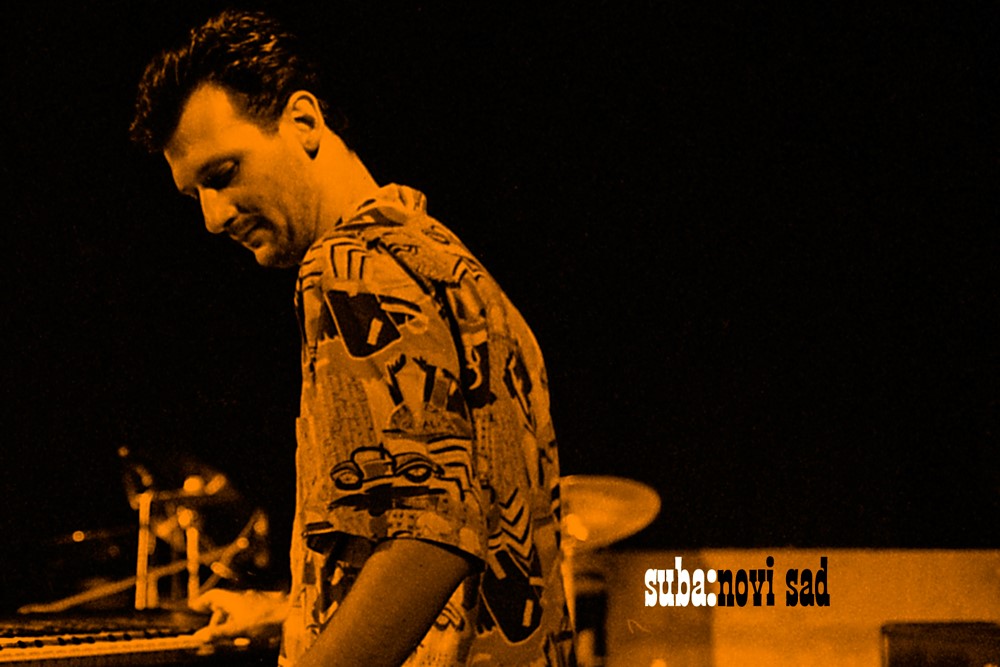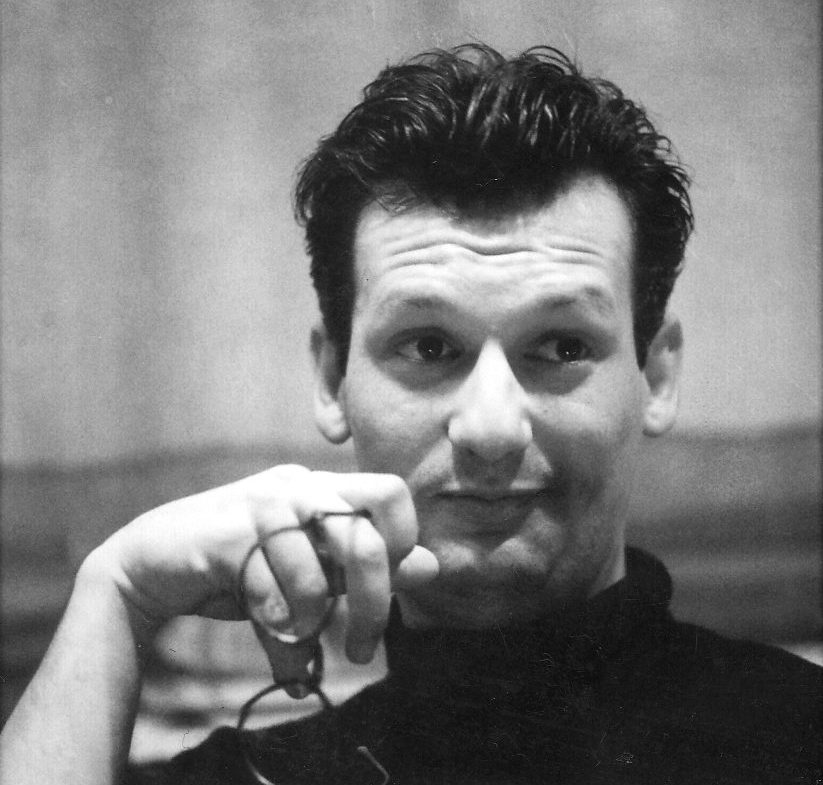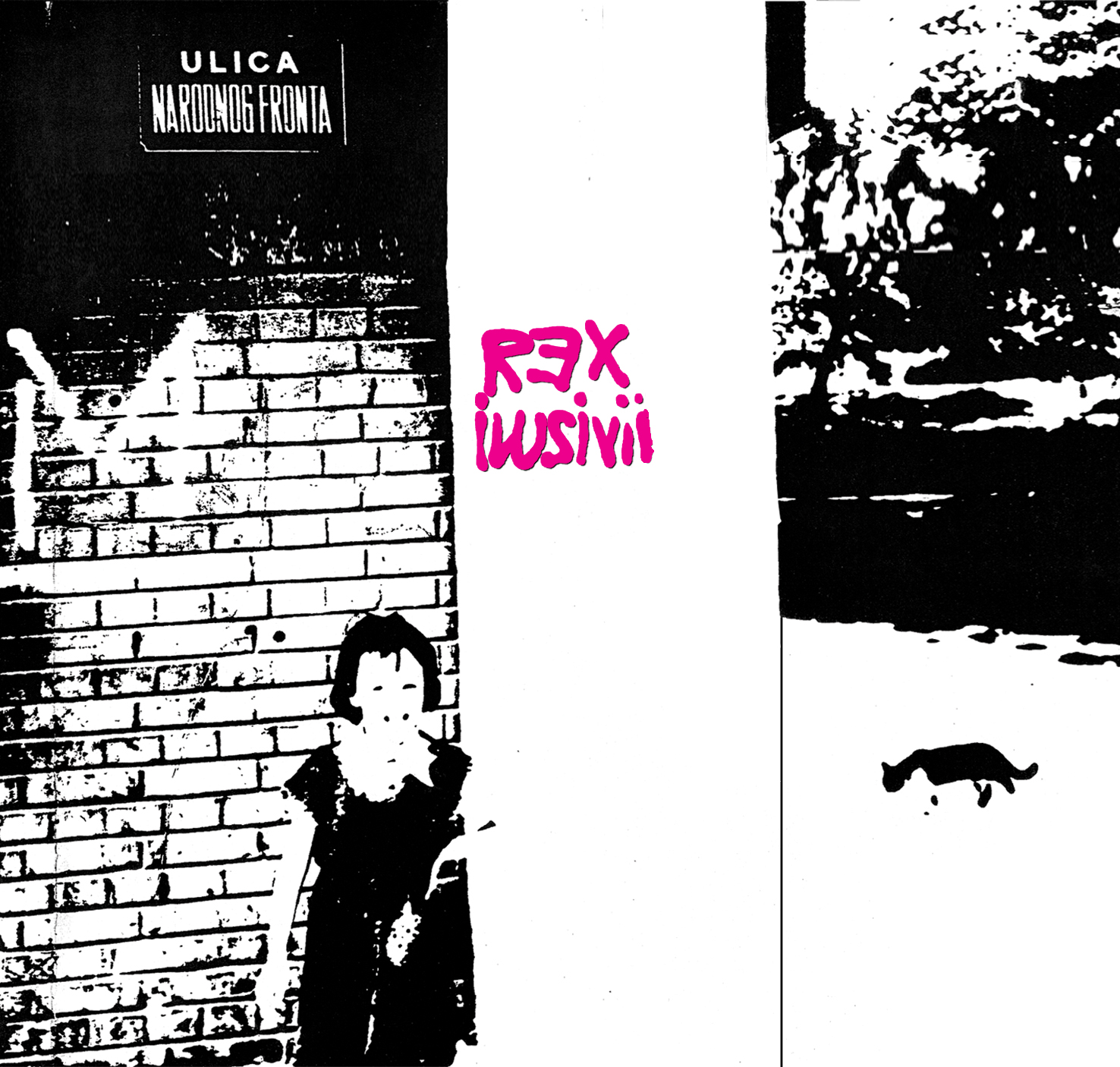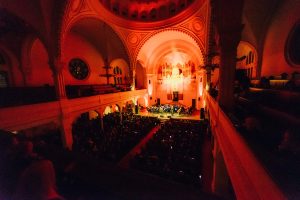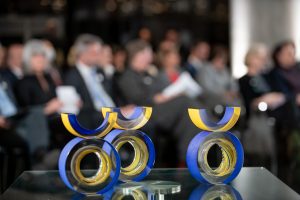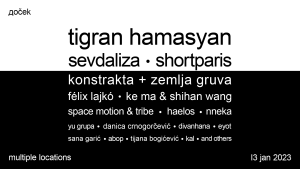A multimedia exhibition, album promotion, music listening, numerous workshops and conversations, and concerts, all in honour of the pioneer of electronic music of the former Yugoslavia and Latin America, Mitar Subotić Suba, will be organised from 20 to 26 November in the Novi Sad District, in the grand finale of the European Capital of Culture, within the Other? Europe programme.
The unique tribute to Suba will begin with the ‘Suba: Novi Sad’ project, organised by the Association for the Promotion of Contemporary Music Art ‘Nove Uši’, which will present his creativity through all musical genres and types of work he did, from theatre and electronic music to bossa nova. From 20 November, Suba’s visionary spirit will be felt in Menza, where the interactive installation ‘Suba Room’ will be located – a multimedia exhibition that will bring the audience closer to Suba’s works prior to his move to Brazil in 1990, as well as artefacts related to his life and work, curated by Bosiljka Zirojević Lečić. As part of the exhibition, the audience will also be able to hear the iconic composition The Dreambird, which Suba created with Goran Vejvoda, on the album In The Moon Cage, awarded with the UNESCO prize for cultural contribution.
By 26 November, the promotion of the ‘Suba: Novi Sad’ CD will have been held for the first time, featuring Suba’s music of various genres, chosen by his friend and comic artist Zoran Janjetov Janja, and the booklet ‘Dreambird/Suba: In Search of World Pulse’ by Lazar Džamić will have its publishing debut. Zoran Janjetov Janja, as well as Dragan Gojković, will talk about Suba’s beginnings. Publisher and curator Vladimir Ivković will hold a lecture as part of the ‘Who Is Rex Ilusivii’ programme, while famous Brazilian musicians will participate in the discussion about ‘Fourth World Music’ as part of the promotion of Mitar Subotic Suba’s double vinyl The Dreambird, which was released in Brazil in 2022. The participants consist of João Parahyba and João Visconde, as well as famous Serbian composers and producers Slobodan Misailović, Aleksandar Dujin and Jan Šaš. Suba also created music for the theatre, so director Haris Pašović, choreographer and director Nada Kokotović and poet, essayist and critic Vladimir Kopicl will discuss that segment. The audience will have the opportunity to watch the video works of Nebojša Krivokuća with comments by the author. During the programme ‘Mitar Subotić Suba’ Foundation, the ‘Milan Mladenović’ Endowment and the Suba Institute from São Paulo will also be presented.
As part of the programme dedicated to Suba, workshops in the District will be led by DJ Miloš Martinov Lag, percussionist João Parahyba (A Brazilian View of Rhythms) and jazz double bassist Aleksandar Milošević from the Netherlands (From Be to Bop). They will be joined by Aleksandra Ketig and dancers in the projects of the Novi Sad section of CID-UNESCO with her lecture, presentation and performance.
The music of Mitar Subotić Suba is not determined by only one sound or genre feature, nor by belonging to one cultural area, so his Novi Sad will pulsate with diverse music of Suba’s friends and collaborators through a programme called ‘Party at Suba’s’, within which Modern Quartet, João Parahyba, Ivan Fece Firchie and others will perform. The music programme will begin with a concert by CéU, a world-renowned and award-winning singer from Brazil, whose work is inspired by Suba’s music. She will perform in Novi Sad, the European Capital of Culture, on 20 November at the City Concert Hall. Tickets are available at Gigs Tix stores and on their website. The ticket price is RSD 500.
Every day, at Menza in the District, a ‘Media Room’ will be open with a review of videos and films that Suba worked on.
The Other? Europe programme arch presents the grand finale of the European Capital of Culture, and from 7 October to 27 November, with numerous programmes, it raises issues of dominant values in European culture and art and leads to the discovery of different, alternative, marginalised, minority and rebellious expressions.
Photo: Vladan Živojnov, Divulgacao, Promo
